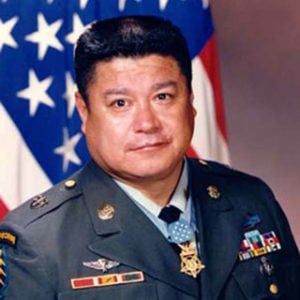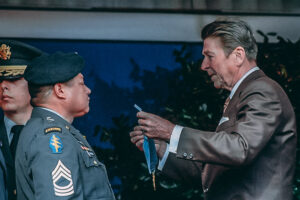Get to Know These Medal of Honor Recipients during Hispanic Heritage Month
By Laura Jowdy, Archivist & Historical Collections Manager, CMOHS Countless service members of Hispanic or Latino heritage have served in the U.S. Armed Forces, and 59 are known to have…



